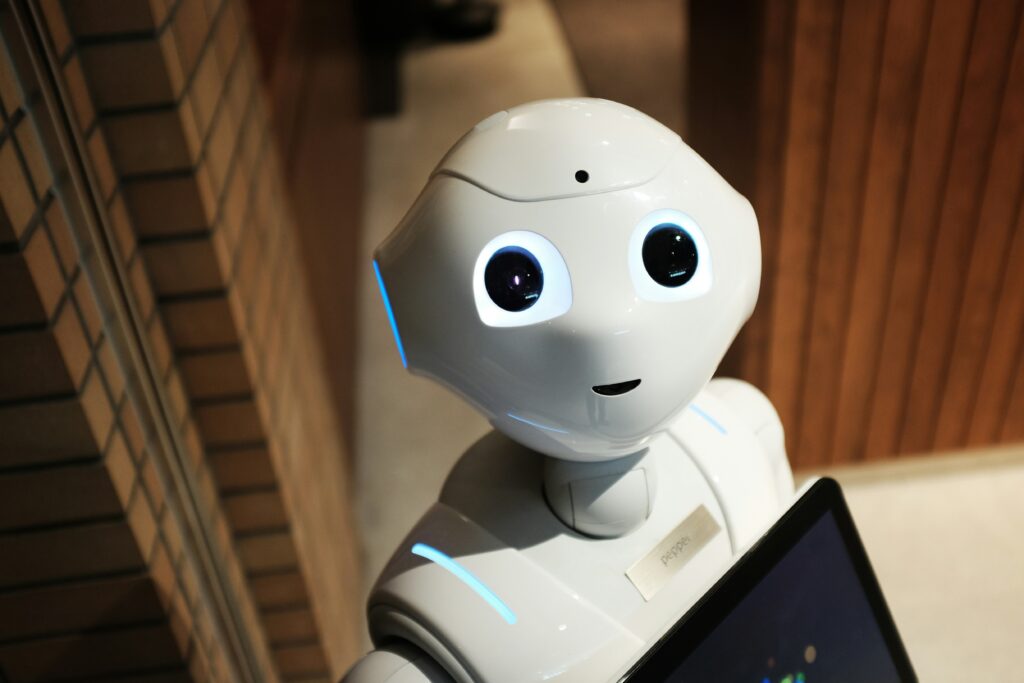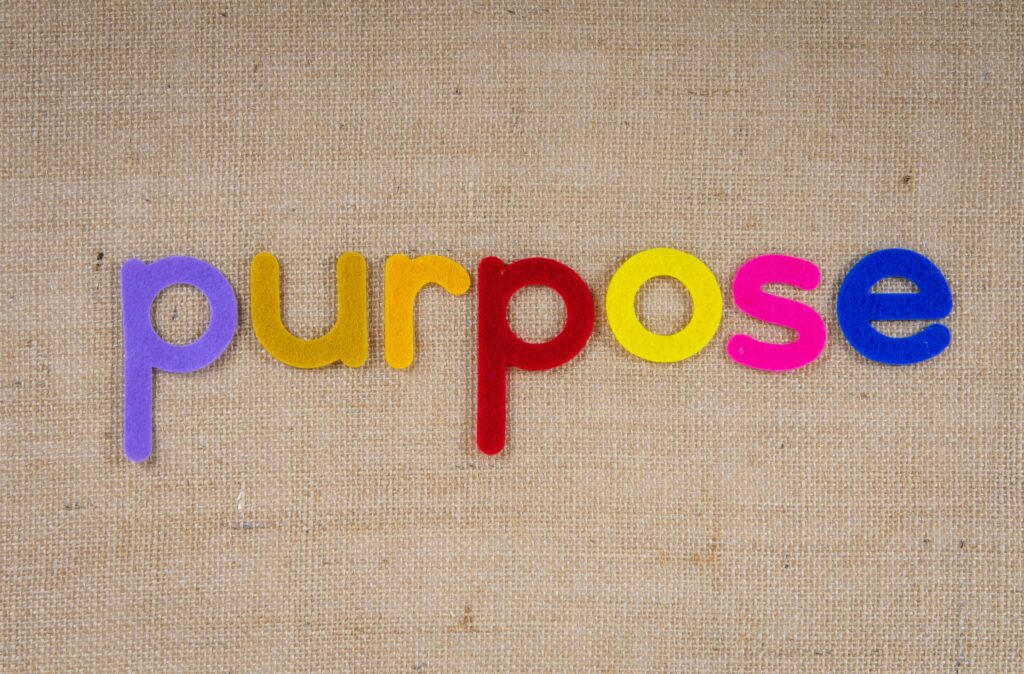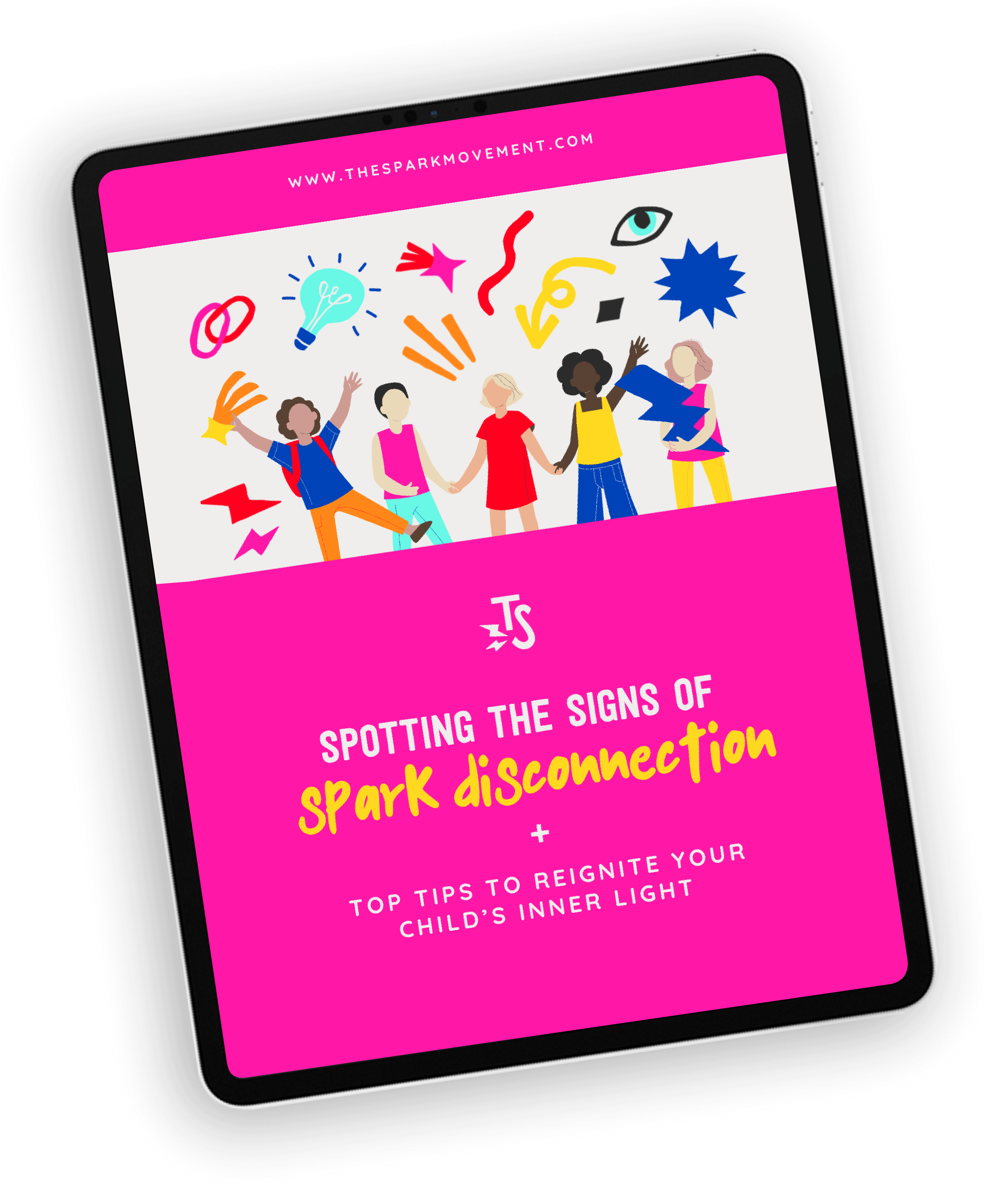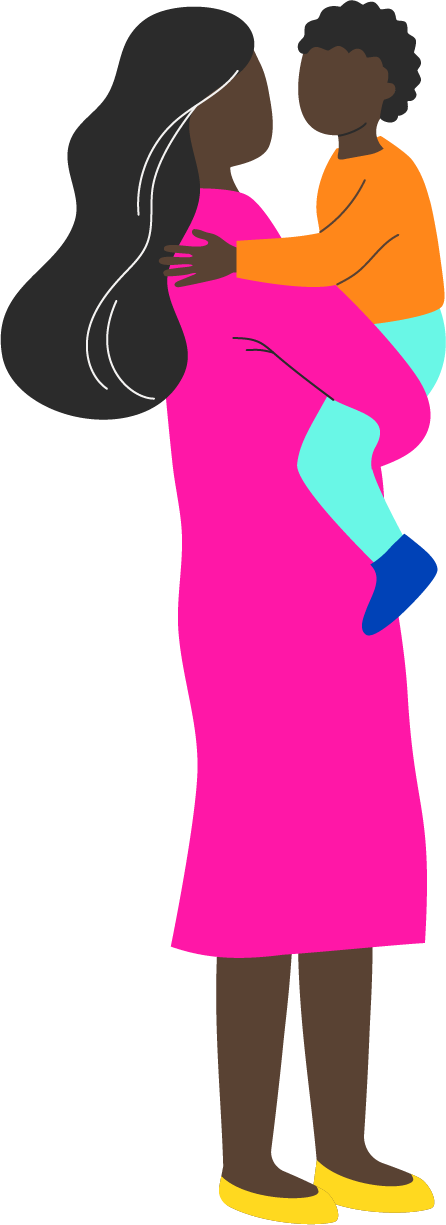The Purpose of School in the Age of AI
Why we might need a total rethink about what we’re teaching our kids
These days there’s a near-constant debate about the need to change our schools and education systems. Every week someone seems to have another perspective, another determination about the ‘right’ way to help small humans to grow into half-decent larger humans (including us at The Spark Movement!).
Often the discussions around education are as polarised as the rest of society seems to be right now. There’s the group that want more freedom and flexibility in schools, that want to focus on wellbeing and the development of children’s character, and then there’s another group that want to double-down on academics, making up for lost time during the pandemic years, and generally raising standards.
Of course, in the real world both are true and important. It’s not ‘this or that’ it’s ‘this and that.’ We want our children to reach their potential and leave school with the qualifications that will open doors for them in the future, but we also want them to be happy, fulfilled, and healthy.
Added to this conundrum is the rapidly growing realisation that our children may not live as adults in the same way that we are, and generations have before us. We might be taking for granted the business-as-usual expectation that kids will leave education and get a job, and then continue to climb the career ladder for many years. The rapid improvements in Artificial Intelligence just in the last year or so since AI entered the public consciousness are showing us that banking on the future being similar to the past is not necessarily realistic. In fact, it could be downright risky.
Educators and business owners have been increasingly calling for a focus on developing children’s so-called ‘soft skills’ in the classroom, strengthening capabilities such as creativity, problem-solving skills, taking initiative and all those qualities that you actually need to survive in the real world, beyond book-smarts. Yet those things are hard to quantify and measure, so they get overlooked in favour of what you can test – knowledge about historical events, correct sentence structure and grammar, or applying mathematical equations to solve problems with a clear right/wrong answer.
It’s difficult for schools to confidently say that a child has excelled in showing initiative, or has top-marks in problem solving, and it’s so much easier to measure academic knowledge, which schools have been geared up for since day one of education. So, academics always tend to win out.
But what if that’s all about to change?

Last week I grabbed a coffee at a local garden centre, the sort of place where you can buy pot plants and expensive chocolates, and have a cuppa surrounded by greenery. The place was packed, the staff running off their feet to serve hungry and thirsty customers. And there, in the middle of this normal scene, was a robot. Standing at about five feet tall with big, electronic, blinking eyes, it glided around the café on wheels, its body an empty shell full of trays, ready for items to be stacked inside. Customers flagged down the robot which would scoot gracefully to their table, waiting as the customers stacked their cups and plates onto the trays, at which point the robot would know its work was done, and it would slide off to another table that needed clearing.
Created by a company based in North Wales, the autonomous indoor delivery (AID) ‘Bellabots’ can carry up to 40kg on four trays and have human interaction capabilities. The creator asserts that they’re not designed to replace human jobs, but to assist the struggling hospitality industry which was hit hard in the Covid pandemic, with many bars, cafes and restaurants being forced to close when they couldn’t recruit and keep staff. Of course, in the short-term the use of these robots makes perfect sense, yet watching the staff at that café laughing and gesturing to their new co-worker, I couldn’t help but feel uneasy.
While for now these robots need humans to assist them in their duties, and are a compliment to human endeavours, in the not-too-distant future it’s easy to imagine a time when the workers won’t be required at all. Already there’s concern about younger people not being able to secure a first job in a typically youth-friendly industry like hospitality or retail, as cashiers get switched out for self-service till points, and cafés hire robots to clean tables. How do young people take a first step onto the career ladder, and will it even matter? If jobs of the future no longer exist in the way that they do now, what will we all do? And what will be the purpose of education, if not to ready young people for the world of work?
The eutopia of everyone having time for indulging in hobbies, growing their own food and spending time in nature seems a little unlikely, if history is anything to go by. At the dawn of the industrial revolution, the new machines could produce a hundred times more than the average human, which could’ve resulted in humans doing significantly less work, but still resulting in the same output. What happened instead? The economic benefit of producing more led to humans actually working more hours, often in worse conditions, while production ramped up. The lure of generating even more money was at the sacrifice of humans having more free time.

So, what’s the answer? Do we give up on traditional education models, bemoaning the fact that jobs in the future won’t exist? Do we pivot completely and prepare kids for a life of luxurious inaction?
The truth is that work gives us meaning, whether our work is raising children, or volunteering somewhere, or a paid job. Regardless of whether we earn money for our endeavours, work gives us a sense of purpose, growth, and satisfaction. It allows us to develop ourselves in practical and emotional ways, and it can enhance our lives.
So rather than fearing that our children won’t have jobs to go to in the future, or on the other hand, rather than pretending that everything is going to stay the same and the path will remain as it currently is, what if we focused on cultivating a sense of meaning and purpose in life, and place that solely at the heart of education?
This would mean that we still focus on the academics – for some of our young people, being a doctor is still going to be their heart’s desire, and we want everyone to know where Italy is on a map, for example. But alongside that, we’re going to want to focus on cultivating a sense of purpose and passion in our kids, so they can begin to know themselves and discover who they are. To do that, they’re going to need to develop a rich inner relationship, to know what passion feels like, to feel satisfaction when they’re growing and learning new things, and to know what it means to offer something to the world.
You could say that the purpose of purpose is to grow into ourselves, to discover more about who we are – to connect to our inner Spark and let that shine in the world. To do that, we need to give children the time and support to discover themselves, in a variety of ways, and to connect to that sense of joy and growth that comes from acting on a passion.
That way, whether young adults still continue on to the world of work or entrepreneurship or higher education, or whether all of that looks a little differently than we can currently envision, our children are still equipped to know themselves and to follow their purpose to create something meaningful in the world. Whether they’re doing that for money, or as a hobby, or purely for the joy of doing it, that creative expression of who they really are is vital.
If we’ve been given a ‘spark’ of purpose within us, it’s there for a reason. Perhaps we’ve finally reached a time where humans will be allowed to ignite that spark, in benefit to themselves and the world.
Perhaps it’s time to put something new on the table, and leave the clearing up to the robots.
Want to dig deeper? Sign up to our newsletter to get all the latest from The Spark Movement straight into your inbox.

About
the author
Hi, I'm Nikki
I created The Spark when I realised I’d lost touch with my own inner light, buried under years of over-work and overwhelm. After witnessing far too many children becoming smaller versions of themselves, shrinking back, disconnecting and becoming disillusioned, I’m on a mission to ignite my Spark to help children to find theirs, changing the way we nurture small humans into being.
What started as a journey of self-discovery is growing into a global movement to create a better childhood for all children and young people. Will you join me?
Follow Nikki:

Need help to reignite your
child’s Spark?
Get our free guide to spot the telltale signs of Spark disconnection and learn how to reconnect your child to their inner light and joy.
Tell me more!
Sign up to our newsletter to be the first to hear about our tips, tools and training that will change the world for children.

